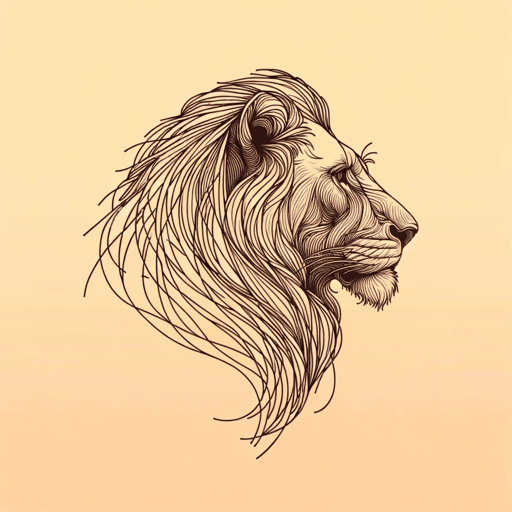27 pages • 54 minutes read
Ernest HemingwayThe Short Happy Life of Francis Macomber
Fiction | Short Story | Adult | Published in 1936A modern alternative to SparkNotes and CliffsNotes, SuperSummary offers high-quality Study Guides with detailed chapter summaries and analysis of major themes, characters, and more.
Symbols & Motifs
The Lion’s Roar
The lion’s roar symbolizes the call to courage and masculinity, something Francis Macomber lacks for most of the story. The lion roams just outside the camp, awakening him with its roar. This noise is a call for Macomber to conquer his fears: “When Francis Macomber woke in the night to hear [the roaring] he was afraid” (122). Despite his fear, he cannot avoid the encounter with the lion forever.
The lion acts as a measurement or test of the men’s courage; Wilson tells him he “must make it stop that racket” (124). Stopping the lion from roaring equates to answering the call to masculinity and exerting force over nature's threats. However, Macomber leaves the task half-done, reducing the roars to agonizing grunts when he only wounds the animal. Wilson succeeds at silencing the lion after Macomber fails to complete the task.
The Camp
The camp symbolizes society, with all its materialism, security, and luxury. Here, Macomber lives a risk-free, passive existence just on the edge of danger, yet shielded from it by tents and skilled marksmen. In this space, he is passive and frightened, and Wilson notes that he still has the face of an "adolescent." The camp sustains the
Related Titles
By Ernest Hemingway
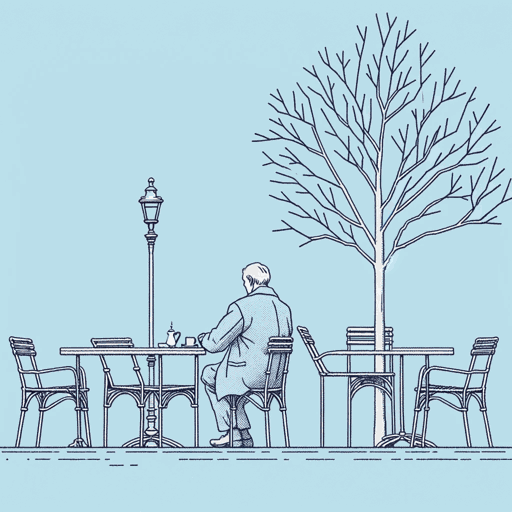
A Clean, Well-Lighted Place
Ernest Hemingway

Across the River and into the Trees
Ernest Hemingway
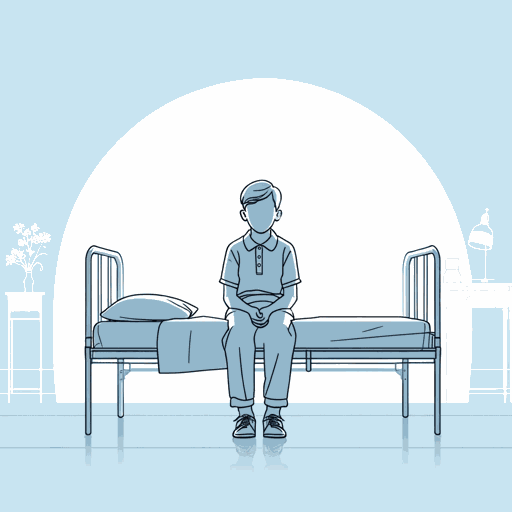
A Day's Wait
Ernest Hemingway
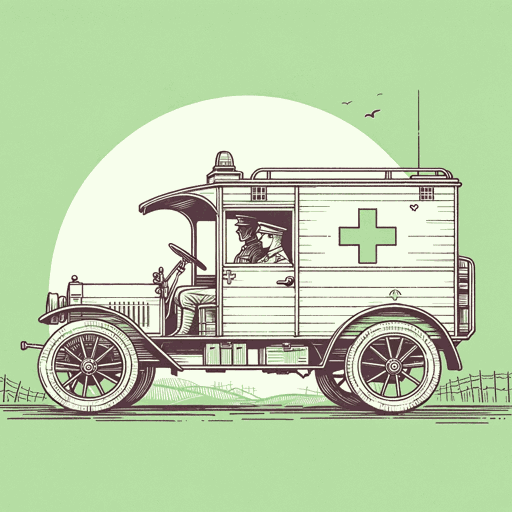
A Farewell to Arms
Ernest Hemingway
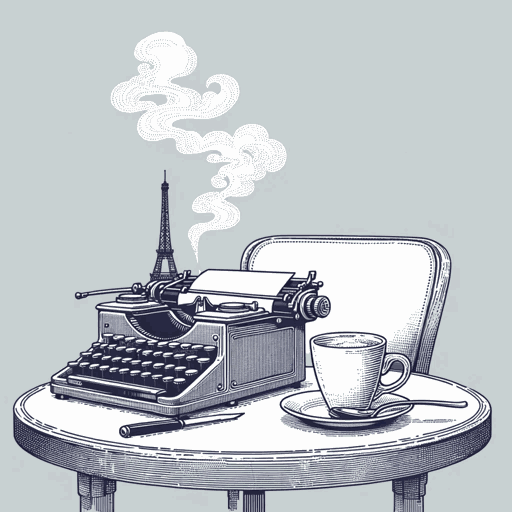
A Moveable Feast
Ernest Hemingway

A Very Short Story
Ernest Hemingway
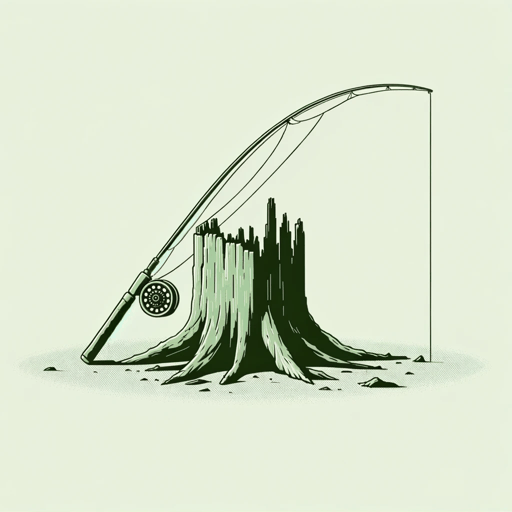
Big Two-Hearted River
Ernest Hemingway
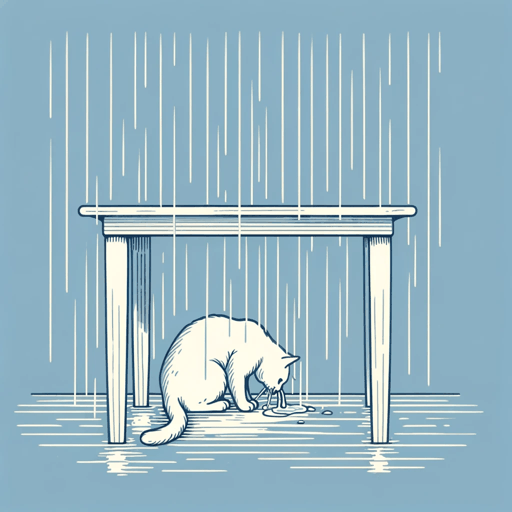
Cat in the Rain
Ernest Hemingway

For Whom the Bell Tolls
Ernest Hemingway

Green Hills of Africa
Ernest Hemingway

Hills Like White Elephants
Ernest Hemingway
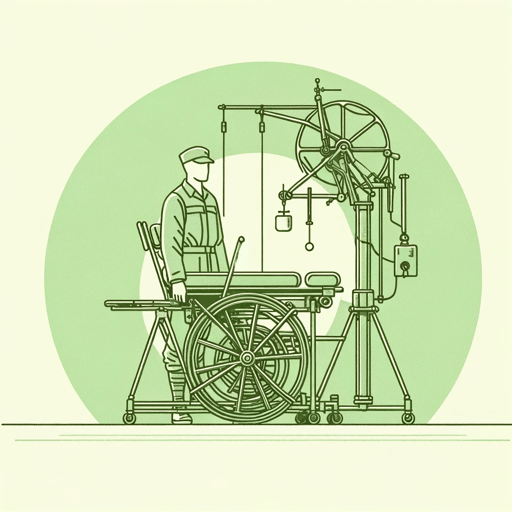
In Another Country
Ernest Hemingway

Indian Camp
Ernest Hemingway

In Our Time
Ernest Hemingway
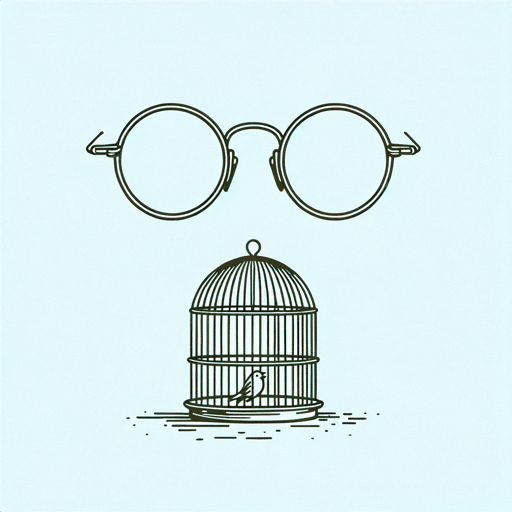
Old Man at the Bridge
Ernest Hemingway
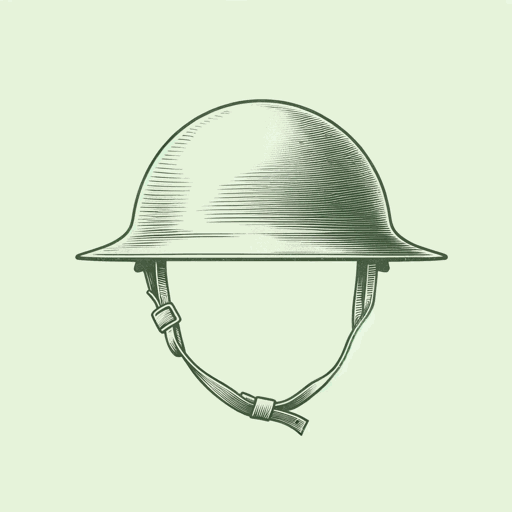
Soldier's Home
Ernest Hemingway

Solider's Home
Ernest Hemingway

Ten Indians
Ernest Hemingway

The Garden of Eden
Ernest Hemingway

The Killers
Ernest Hemingway
